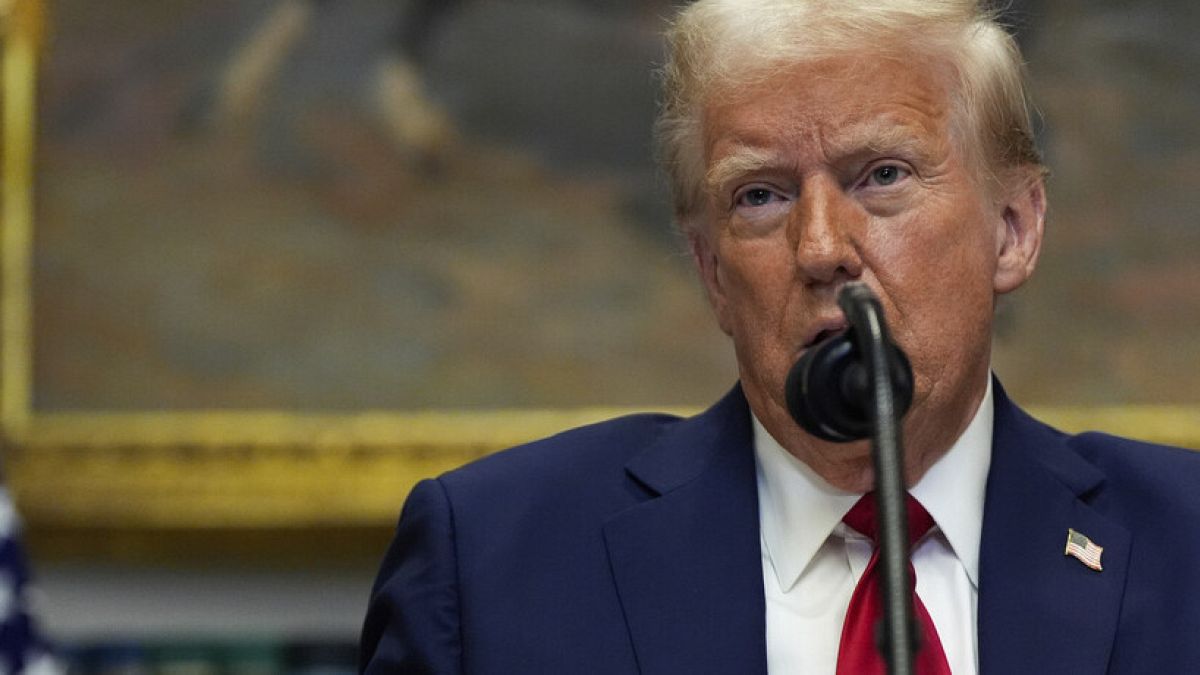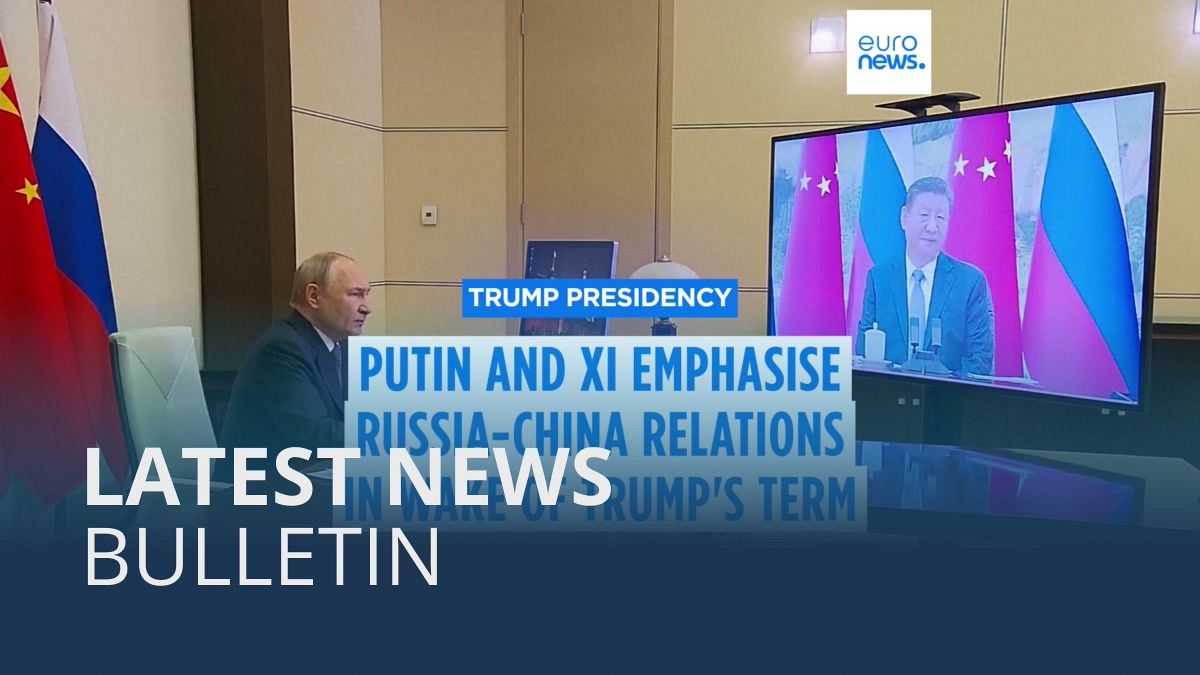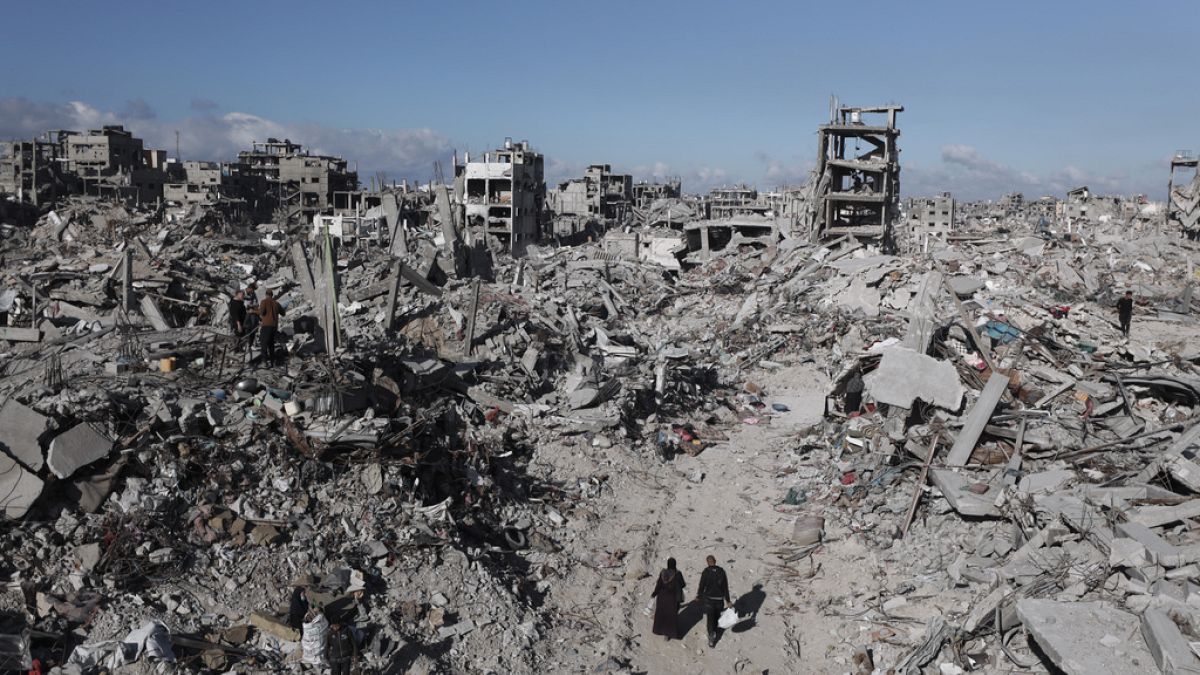Can global leaders agree on a tough AMR plan?
Some experts lament the lack of bolder commitments in farming.

Global leaders are attempting to deliver a heavy-hitting deal later this month to drive down growing rates of superbugs — but several iterations of the text highlight just how challenging that will be, with discussions becoming “heated.”
It’s the second time leaders have agreed to hammer out a political declaration to fight antimicrobial resistance (AMR) at the United Nations General Assembly, but this latest text is expected to be a significant improvement and far more ambitious than the first one from 2016.
That text “served its purpose in terms of putting AMR onto the map, but it didn’t do much more than that,” said Jeremy Knox of the Wellcome Trust. “This year, though, is potentially quite different,” since policymakers are much clearer on what action is needed.
Early drafts of the text, seen by POLITICO, show that countries are pushing to establish a global governing group to oversee national efforts to prevent the growth of AMR, as well as stronger financing of these measures. They also set some bold targets.
A May 20 version of the text called for countries to reduce the amount of antibiotics used in the global agri-food system by 30 percent by 2030, and to eliminate the use in animals of antimicrobials essential for fighting human infections. Overuse of antibiotics in farm animals is a key driver of superbugs.
But later drafts also show the struggles in agreeing to these tougher and more ambitious goals.
An Aug. 30 draft said simply that countries should “strive to meaningfully reduce” the amount of antibiotics used in the agri-food system by 2030, and to “commit to ensure that the use of antimicrobials in animals and agriculture is done in a prudent and responsible manner.”
And the final draft, dated Sept. 9, shows little to no changes from the Aug. 30 version.
“A lot of countries still seem keen to water down very concrete commitments on things like reducing animal use of antibiotics in particular,” Knox said. “I don’t think we’ll end up with the kind of very clear and ambitious rallying cry we might have hoped for.”
Knox, who is head of infectious disease policy at Wellcome, said he is “cautiously optimistic” about the text. He expects commitments will be a “step in the right direction,” but that the declaration is still likely to “fall short” on certain aspects.
Cutting deaths from superbugs
Among the new pledges, the latest draft sets the goal of reducing “global deaths associated with bacterial antimicrobial resistance by 10 per cent by 2030” against a 2019 baseline of 4.95 million deaths.
It also calls on countries to have plans for animal vaccinations by 2030 and to invest in animal health systems — to improve access to veterinary services and promote the supply of veterinary medicines, vaccines and diagnostics tools.

Animal Health Europe Secretary General Roxane Feller said they were “pleased” to see commitments which “will further support efforts to ensure the responsible use of antibiotics for animal health purposes.”
“Improving global access to better veterinary care and oversight, as well as the essential tools to prevent disease (vaccines) and allow for better diagnosis will help to ensure that antibiotics are used as little as possible, but as much as necessary in the animal sector around the world,” she told POLITICO in email.
The latest text calls on countries to have developed and be implementing plans across multiple sectors by 2030, and intends that these contain national targets. It also urges countries to ring-fence cash to fight AMR and to increase financing for a U.N.-hosted fund, with a target of $100 million to help at least 60 percent of countries pay for their plans by 2030.
Another key target is promoting innovation and access. The pipeline of novel antibiotics is severely limited and existing therapies are difficult to access, especially in lower- and middle- income countries — which are already bearing a heavier burden of antimicrobial resistant infections.
Anand Anandkumar, co-founder and CEO of Indian pharmaceutical company Bugworks, said he believes the declaration should also set targets for novel innovation, such as committing to develop five new antimicrobials or therapies by 2030.
For the Access to Medicines Foundation, a non-profit, any commitment on innovation should be accompanied by commitments to make products accessible to low- and middle-income countries. “No innovation targets should be there without a target on making these products accessible,” Marijn Verhoef, director of operations and research at the foundation, told POLITICO.
Verhoef said that while the draft includes several “commendable points,” it fails to address the explicit role and responsibility of pharmaceutical companies, nor does it provide clear targets and commitments for the sector.
“The issue is that getting resolutions globally will be problematic as countries have different resource and priority considerations,” Esmita Charani, associate professor at the University of Cape Town, told POLITICO. “However, it’s a move in the right direction that we are having these conversations regarding the threat of AMR at the global policy level.”
Where global leaders land on these topics and targets will be unveiled on Sept. 26 when the declaration is due to be signed.
This much is clear, according to the vice-chair of the Global Leaders Group on AMR, Chris Fearne: “The journey toward the UNGA High-Level Meeting on AMR has been a hectic but exciting one,” he told POLITICO.
“The fact alone that the [high-level meeting] has put AMR firmly on the global agenda is already a win,” said Fearne, Malta’s former health minister. “Of course the wording of the [political declaration] itself is extremely important and has generated a lot of sometimes heated discussion.”
This article is part of the A global emergency: Tackling antimicrobial resistance special report, presented by Wellcome. The article is produced with full editorial independence by POLITICO reporters and editors. Learn more about editorial content presented by outside advertisers.
What's Your Reaction?



















































